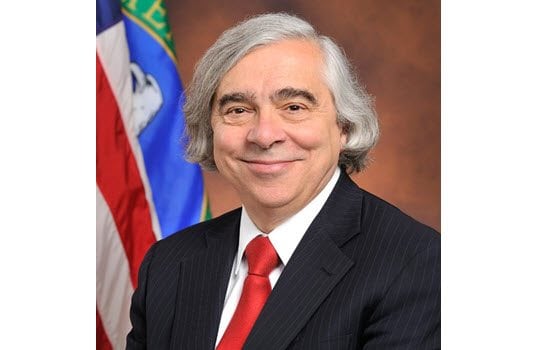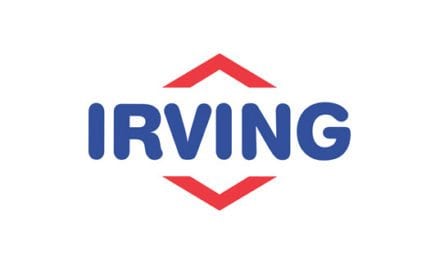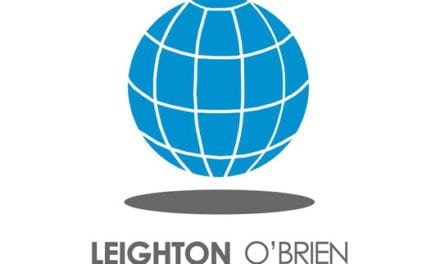In a keynote address at the 2013 Platts Global Energy Outlook Forum in New York City, U.S. Energy Secretary Dr. Ernest Moniz said the Obama administration’s support for increased domestic oil and gas production does not conflict with its goals of addressing climate change and lowering greenhouse gases.
The U.S. remains a major importer of crude oil, Moniz said, and the Obama administration is taking aim at reducing those imports through efficiency measures and investments in alternative fuels and vehicle electrification.
“We remain committed, even as we produce much more oil, to lessening our oil dependence, using less oil domestically and having fewer emissions,” Moniz said.
The Secretary made his remarks on Dec. 12 before an audience of more than a hundred energy executives, government officials and other industry representatives at the Forum, which annually convenes industry experts to detail and debate the challenges, opportunities and special issues facing the world’s energy companies and policymakers.
Titled “Bridging the U.S. Boom: Global Markets Prepare,” this year’s Forum focused on the continuing ripple effects of the U.S. shale revolution, which Moniz said once again cast the nation as an “energy powerhouse.” A series of panel discussions examined the changing energy landscape and the role technology and government policy will have in shaping future energy breakthroughs.
“What we are seeing now is that some new technologies – without government subsidies – are getting mature enough to make it into the mainstream,” said Wal van Lierop, president and CEO, Chrysalix Energy Venture Capital. “We will continue to see more of this in years to come.”
Speaking at a post-forum media briefing, Secretary Moniz said, with the U.S. awash in domestically produced oil, it may be time for the U.S. to review its ban on exports of crude, but the Department of Energy has no immediate plans to change the composition of or to sell off any part of the Strategic Petroleum Reserve (SPR).
The U.S. has experienced a boom in crude production in places such as North Dakota, and pipelines that once took crude from the Gulf of Mexico up to the Midcontinent have now been reversed to bring Bakken crude oil south, leading to questions about whether the SPR can effectively and efficiently deliver oil to where it’s needed most in a crisis.
Earlier, in the Forum’s first panel, a top European utility executive said he does not see shale gas being a game-changer on the continent the way it has been in the U.S.
Leonhard Birnbaum, chief commercial officer of Germany-based E.ON said Europe lacks the regulatory environment and infrastructure to significantly tap into its shale gas resources.
“We do not have ownership of underground commodities,” he said during a panel discussion about the future of power generation. “If I’m a farmer in Germany, what’s my upside if someone drills on my land?”
In addition, he said, Europe does not have the robust oil services industry and pipeline systems that the U.S. has. Environmental opposition to fracking is high in Europe, and even in Poland, where resistance is relatively low, exploration has disappointed, he said.
“It’s hard to imagine it’s going to take off fast,” Birnbaum said. “For the next 10 years, it’s not a game-changer. The advantage of the U.S. on the gas side and the power side is quite sustainable.”
The Platts Global Energy Outlook Forum was held at the Waldorf-Astoria Hotel. Platts is a provider of energy information and a source of benchmark prices for markets.









